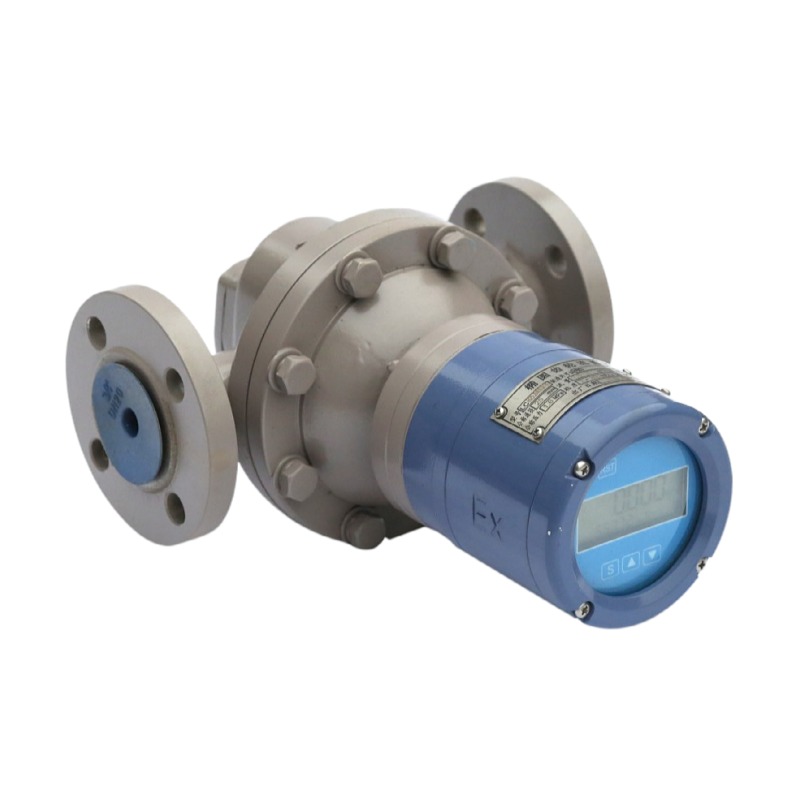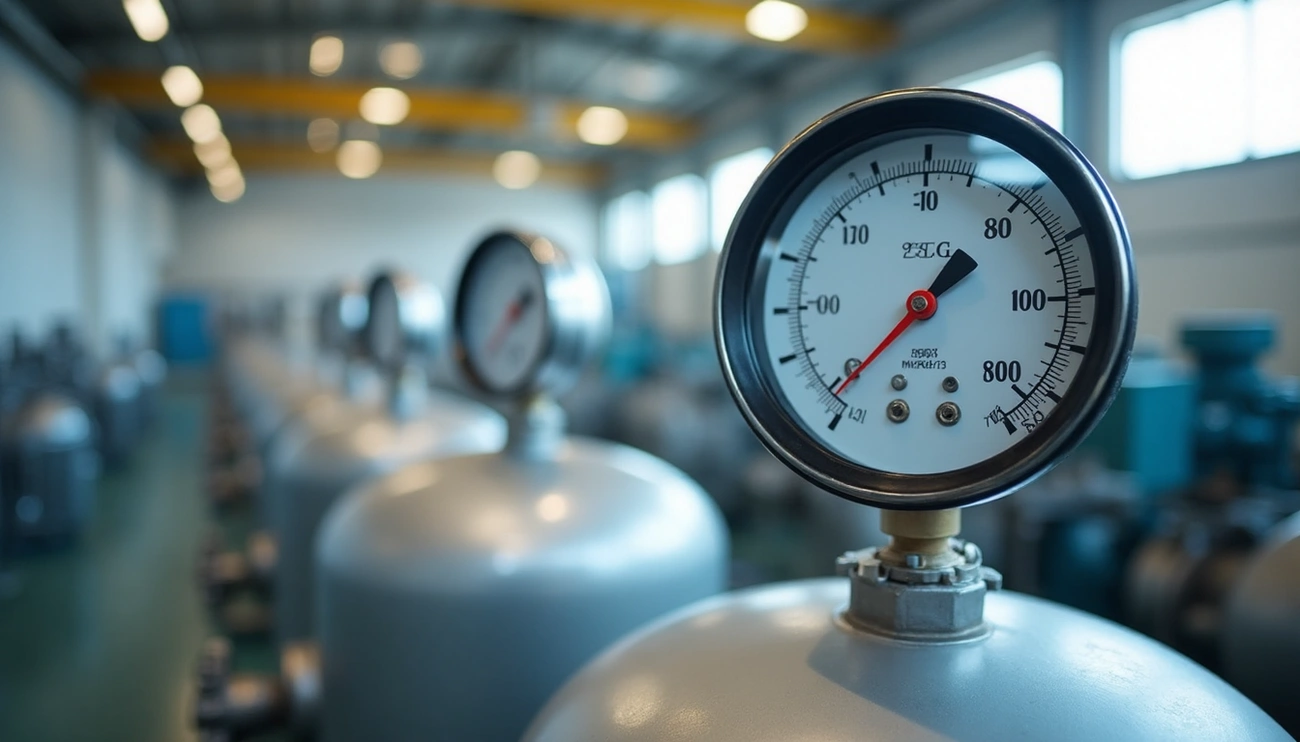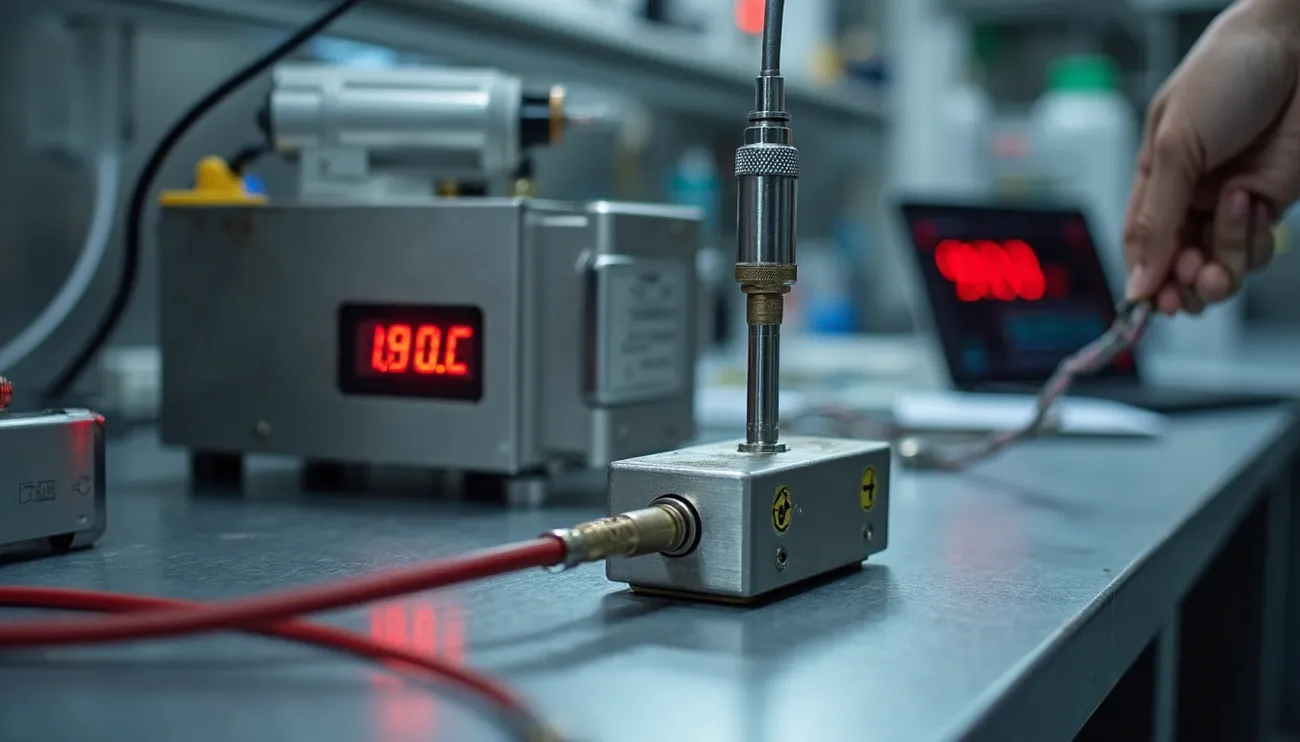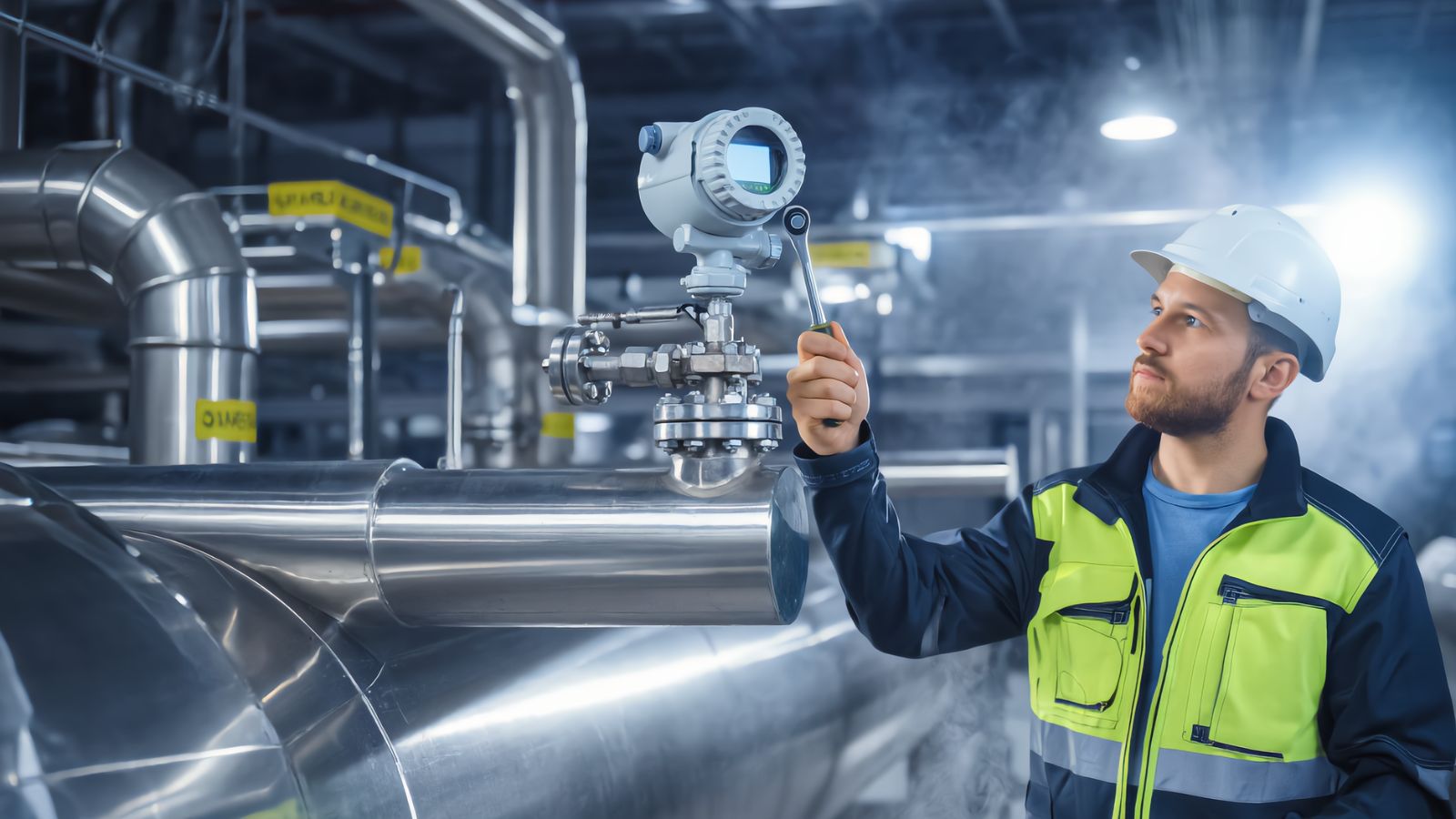In the world of manufacturing, resin processing plays a crucial role in producing a wide range of products. From automotive parts to consumer electronics, resin processing is a fundamental step in the production line. However, in order to achieve optimal results, it is essential to maximize efficiency in resin processing. This is where cutting-edge flow meter technology comes into play. By accurately measuring the flow of resin during processing, flow meters ensure a smooth and efficient production process. In this article, we will explore the importance of efficiency in resin processing, the role of flow meters, the benefits of cutting-edge flow meter technology, different types of resin flow meters, factors to consider when choosing a flow meter, installation and maintenance tips, case studies showcasing the impact of flow meter technology, and future trends in resin flow meter technology.
Resin features
Resin can be an organic solvent extracted from petroleum, is cheaper than frankincense and is also used as a perfume. It is more viscous and easy to dry. New colors and ordinary pastel pigments are commonly used for color matching, but high-grade pastels are not suitable. It is also possible to add kerosene and mix it by heating to become a tender oil for use in painting. This resin oil is a common name for white alcohol, mainly aliphatic hydrocarbons, and is also used to dilute paints and is extremely flammable.
What is resin flow?
Before delving into the role of flow meters in resin processing, it is crucial to understand the concept of resin flow itself. Resin flow refers to the movement of resin material through a processing system. It is a critical parameter that directly affects the quality and efficiency of the production process. Monitoring and controlling resin flow is essential to ensure consistent and uniform product output. Variations in flow rate can lead to defects, uneven distribution of material, and lower productivity. Therefore, accurate measurement and control of resin flow are essential for maximizing efficiency in resin processing.
The Role of Flow Meters
Flow meters are devices that measure the flow rate of a fluid or gas. In resin processing, flow meters are used to monitor and control the flow of resin material. By providing real-time data on the flow rate, flow meters enable operators to adjust process parameters and ensure optimal flow conditions. This not only improves the quality of the final product but also increases production efficiency. Flow meters can detect variations in flow rate, allowing operators to identify and resolve issues before they result in defects or downtime. Additionally, flow meters provide valuable data for process optimization, enabling manufacturers to fine-tune their operations for maximum efficiency.

Benefits of Cutting-Edge Flow Meter Technology
Cutting-edge flow meter technology offers several advantages over traditional flow measurement methods. One of the key benefits is improved accuracy. Advanced flow meters utilize state-of-the-art sensors and algorithms to provide highly precise measurements, even in challenging conditions. This enables manufacturers to achieve tight control over resin flow, resulting in consistent product quality and reduced waste. Furthermore, cutting-edge flow meters offer enhanced reliability and durability. They are designed to withstand harsh operating environments, such as high temperatures and corrosive chemicals, ensuring long-term performance and minimal maintenance requirements.
Another significant advantage of cutting-edge flow meter technology is the availability of advanced features and functionalities. Modern flow meters often come equipped with digital displays, data logging capabilities, and connectivity options. This allows for real-time monitoring of flow rates, easy data analysis, and integration with other systems. Manufacturers can leverage this data to optimize their processes, identify trends, and make informed decisions. Furthermore, some flow meters offer remote monitoring and control capabilities, enabling operators to adjust flow parameters from a central location. This not only streamlines operations but also reduces the need for manual intervention, saving time and resources.
Different Types of Resin Flow Meters
There are several types of flow meters available for resin processing, each with its own set of features and benefits. One common type is the positive displacement flow meter, which measures flow by trapping resin in chambers and counting the number of displacements. This type of flow meter is known for its high accuracy and ability to handle a wide range of viscosities. Another popular option is the turbine flow meter, which uses a spinning rotor to measure the flow rate. Turbine flow meters are suitable for resin processing applications that require high flow rates and low pressure drops. They are also known for their wide dynamic range and excellent repeatability.
Ultrasonic flow meters are another type commonly used in resin processing. These meters rely on sound waves to measure flow rates and are non-invasive, making them ideal for applications where contact with the resin material is not desirable. Ultrasonic flow meters offer high accuracy, good reliability, and low maintenance requirements. Additionally, they can handle a wide range of resin types and viscosities. Magnetic flow meters, on the other hand, use electromagnetic fields to measure flow rates. They are highly accurate, unaffected by changes in viscosity or temperature, and suitable for applications involving conductive resins.
Factors to Consider When Choosing a Resin Flow Meter
When selecting a resin flow meter, there are several factors to consider to ensure the best fit for your specific application. First and foremost, it is essential to evaluate the compatibility of the flow meter with the resin material being processed. Different resins have different viscosities, temperatures, and chemical properties, which can influence the performance and longevity of the flow meter. It is crucial to choose a flow meter that can handle the specific characteristics of the resin material to ensure accurate and reliable measurements.
Another factor to consider is the flow range required for your application. Flow meters come in different sizes and have different flow rate capabilities. It is important to choose a flow meter that can accurately measure the expected flow rates in your process. Additionally, consider the installation requirements of the flow meter. Some meters require straight pipe runs before and after the meter to ensure accurate measurements, while others can be installed in tight spaces or at an angle. Understanding the installation constraints and limitations of your process is crucial for selecting the right flow meter.
Installation and Maintenance of Resin Flow Meters
Proper installation and maintenance are key to maximizing the efficiency and longevity of resin flow meters. During the installation process, it is important to ensure that the flow meter is correctly positioned and aligned with the resin flow. Improper installation can lead to inaccurate measurements, reduced performance, and premature failure of the flow meter. Follow the manufacturer’s guidelines and recommendations for installation to ensure optimal performance.
Regular maintenance is also essential to keep resin flow meters in top condition. This includes cleaning, calibration, and inspection of the flow meter. Cleaning is especially important for meters that come into contact with resin material, as buildup or residue can affect accuracy. Calibration should be performed periodically to ensure accurate measurements. Additionally, inspect the flow meter for any signs of wear or damage and address any issues promptly. By following proper installation and maintenance practices, you can extend the lifespan of your flow meter and ensure reliable performance.
Case Studies Showcasing the Impact of Flow Meter Technology
To truly understand the impact of flow meter technology on resin processing efficiency, let’s explore a couple of real-life case studies. In the first case, a manufacturer of plastic injection molded parts implemented cutting-edge flow meter technology in their production line. By accurately measuring resin flow rates, they were able to identify and resolve issues related to flow variations, resulting in a significant reduction in defects and scrap material. This led to improved product quality and increased customer satisfaction. Additionally, the real-time data provided by the flow meters enabled the manufacturer to optimize process parameters, resulting in a 10% increase in production efficiency.
In another case, a manufacturer of composite materials used in the aerospace industry adopted ultrasonic flow meters in their resin processing system. The non-invasive nature of ultrasonic flow meters allowed for seamless integration into their existing setup, without the need for any modifications. The flow meters provided accurate measurements of resin flow rates, enabling the manufacturer to maintain precise control over the process. This led to a reduction in material waste and improved overall efficiency. By leveraging the data collected by the flow meters, the manufacturer was able to identify areas for process improvement, resulting in a 15% reduction in production time.
Future Trends in Resin Flow Meter Technology
As technology continues to advance, so does the field of resin flow meter technology. One of the emerging trends is the integration of artificial intelligence and machine learning algorithms into flow meter systems. This allows for real-time monitoring and predictive analytics, enabling manufacturers to detect abnormalities and optimize processes before issues arise. Additionally, wireless connectivity and cloud-based data storage are becoming more prevalent in flow meter technology. This allows for remote monitoring and control, as well as easy access to data for analysis and decision-making.
Another area of development is the miniaturization of flow meters. Smaller and more compact flow meters are being developed, making them suitable for applications with limited space or portability requirements. Furthermore, the use of advanced materials and coatings is improving the durability and resistance of flow meters to harsh environments. This ensures long-term performance and reduces the need for frequent maintenance.
Conclusion
Efficiency is a critical factor in resin processing, and cutting-edge flow meter technology plays a crucial role in maximizing efficiency. By accurately measuring resin flow rates, flow meters enable manufacturers to achieve consistent product quality, reduce waste, and increase production efficiency. With a wide range of flow meter options available, it is important to consider factors such as compatibility, flow range, and installation requirements when choosing a flow meter for your specific application. Proper installation and maintenance practices are essential to ensure optimal performance and longevity of flow meters. Real-life case studies demonstrate the significant impact of flow meter technology on resin processing efficiency, with improvements in product quality, waste reduction, and overall productivity. As technology continues to advance, future trends in resin flow meter technology include the integration of artificial intelligence, wireless connectivity, and miniaturization. By embracing cutting-edge flow meter technology, manufacturers can stay ahead of the competition and achieve maximum efficiency in resin processing.




